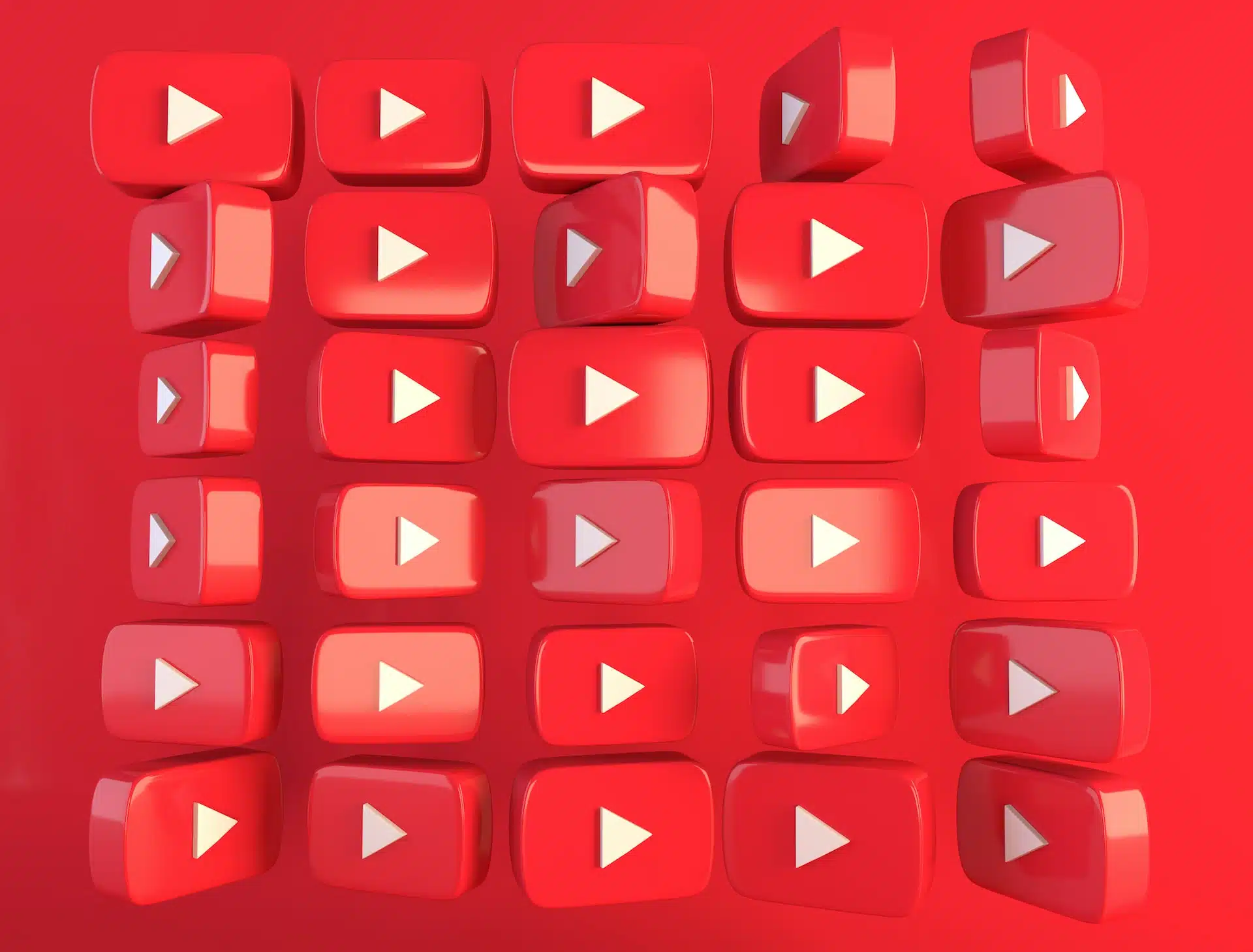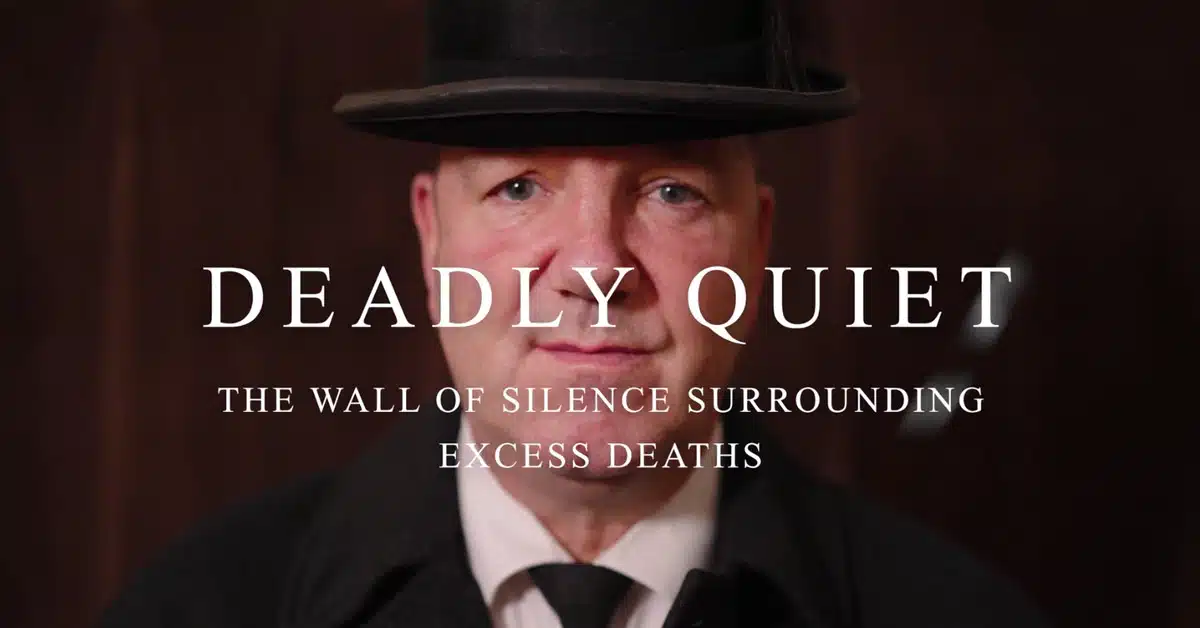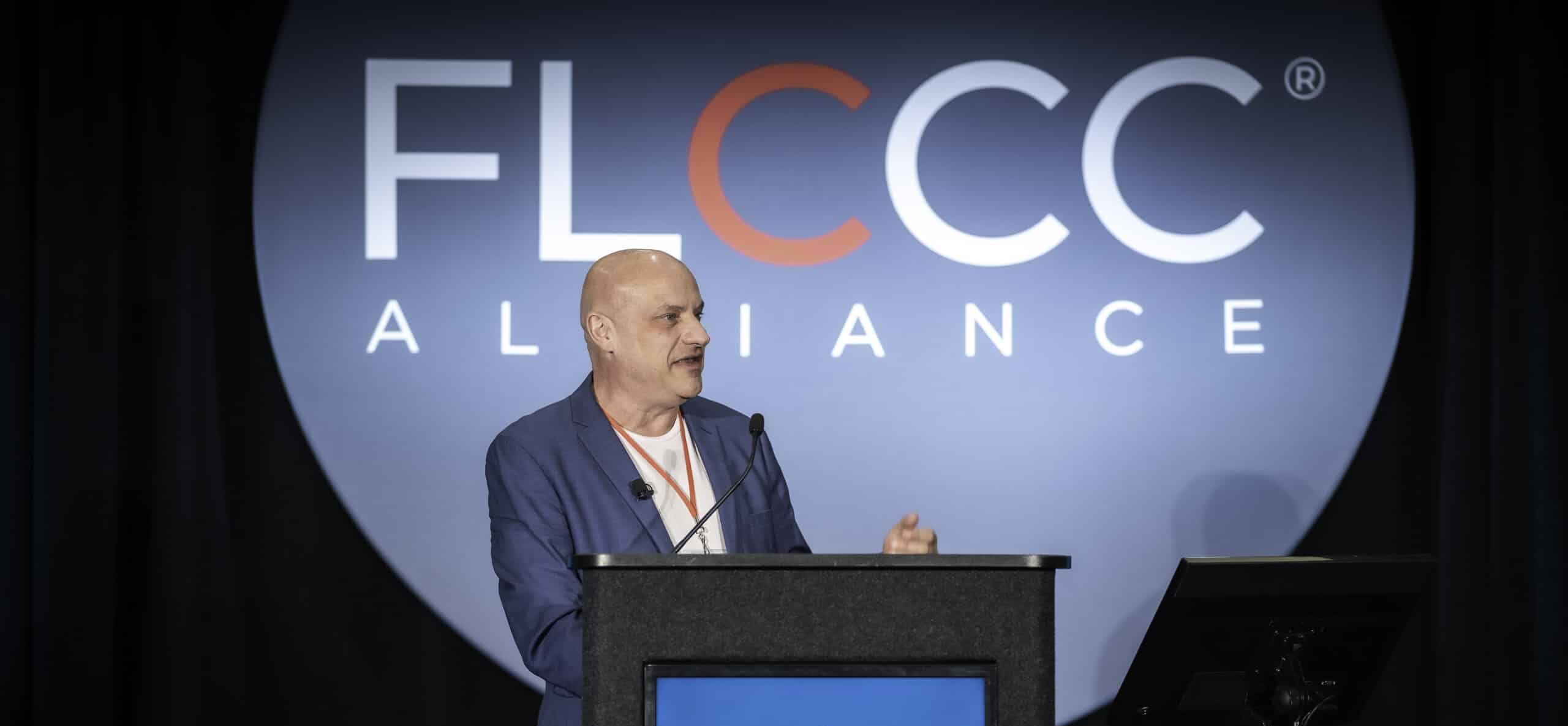The company’s stated goal “is to ensure that when it comes to areas of well-studied scientific consensus, YouTube is not a platform for distributing information that could harm people.”

YouTube recently outlined its long-term vision for addressing medical misinformation on its platform. The company says it has learned from recent efforts to combat misinformation related to health topics and has now aimed to simplify its approach for creators, viewers, and partners to “preserve the important balance of removing egregiously harmful content while ensuring space for debate and discussion.”
They’ve identified three categories to streamline their guidelines: Prevention, Treatment, and Denial. Basically, the policies apply to any health condition, treatment, or substance “where content contradicts local health authorities or the World Health Organization (WHO).”
They describe the framework as follows:
- Prevention misinformation: We will remove content that contradicts health authority guidance on the prevention and transmission of specific health conditions, and on the safety and efficacy of approved vaccines. For example, this encompasses content that promotes a harmful substance for disease prevention.
- Treatment misinformation: We will remove content that contradicts health authority guidance on treatments for specific health conditions, including promoting specific harmful substances or practices. Examples include content that encourages unproven remedies in place of seeking medical attention for specific conditions, like promoting caesium chloride as a treatment for cancer.
- Denial misinformation: We will remove content that disputes the existence of specific health conditions. This covers content that denies people have died from COVID-19.
Interestingly, the article highlights that YouTube has decided to target cancer treatment misinformation first because, “the public health risk is high as cancer is one of the leading causes of death worldwide, there is stable consensus about safe cancer treatments from local and global health authorities, and it’s a topic that’s prone to misinformation.”
Harmful or ineffective cancer treatment content will be removed, they say, along with content discouraging viewers from seeking proper medical care. In place of a free catalog of user-generated content, YouTube will provide curated “playlists of engaging, informative cancer-related videos from a range of authoritative sources.”
It remains to be seen what effect this new policy might have on general discussions of medical topics other than cancer or on content related to novel research and treatment options for other disease states that have yet to be endorsed by WHO and other authorities.






